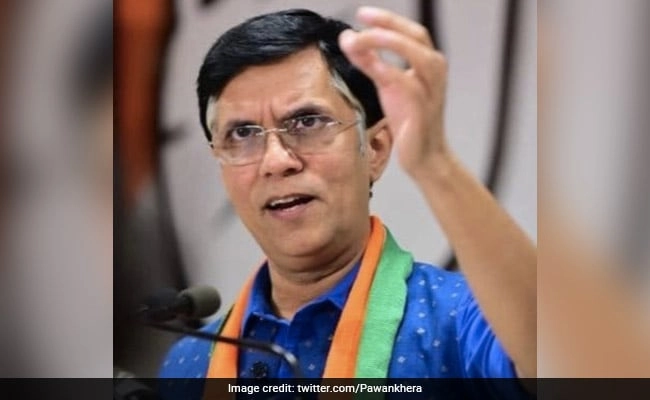Pawan Khera, a prominent leader of the Indian National Congress, has recently found himself at the center of controversy following a notice issued by the Election Commission of India regarding the possession of two voter identification cards. This development raises significant questions about electoral integrity and the adherence to legal frameworks pertaining to voter registration. The Election Commission, which is responsible for overseeing fair and transparent elections in India, has taken a firm stance on such matters, emphasizing the importance of ensuring that each citizen is correctly identified in the electoral roll. In an era where technology and data management play critical roles in governance, the scrutiny surrounding Khera’s situation highlights the challenges faced by electoral authorities in preventing discrepancies and ensuring the sanctity of the voting process.
The notice comes at a time when the political landscape in India is charged with heightened tensions and fierce competition among various parties. Khera, who has been vocal in his criticism of the ruling government, now finds himself navigating a potentially damaging political predicament. The possession of two voter IDs could imply possible violations of electoral laws, and if substantiated, this could have serious repercussions for Khera’s political career. Such allegations can undermine public trust not only in the individual involved but also in the broader electoral process. It also serves as a reminder of the vigilance required from both political figures and the electorate to maintain the integrity of democratic institutions.
As the situation unfolds, it is crucial to observe how Khera responds to the notice and what implications it may have for his party and its strategies moving forward. The Congress party has historically positioned itself as a champion of democracy and electoral fairness, and how it handles this incident could affect its public image and electoral prospects. The Election Commission’s actions may also prompt a broader discussion about electoral reforms, particularly concerning the management of voter identities. With the general elections approaching, the relevance of this issue cannot be overstated, as it could influence voter perceptions and behaviors in the upcoming electoral cycle.
In conclusion, the notice issued to Pawan Khera by the Election Commission serves as a critical reminder of the complexities and challenges inherent in the electoral process in India. It underscores the necessity for political accountability and the importance of maintaining rigorous standards to prevent electoral fraud. As political battles intensify, the ramifications of this notice will likely resonate beyond Khera, affecting party dynamics and voter engagement as India prepares for its next elections. The outcome of this situation may well serve as a litmus test for the current political climate and the commitment of leaders to uphold democratic principles.




